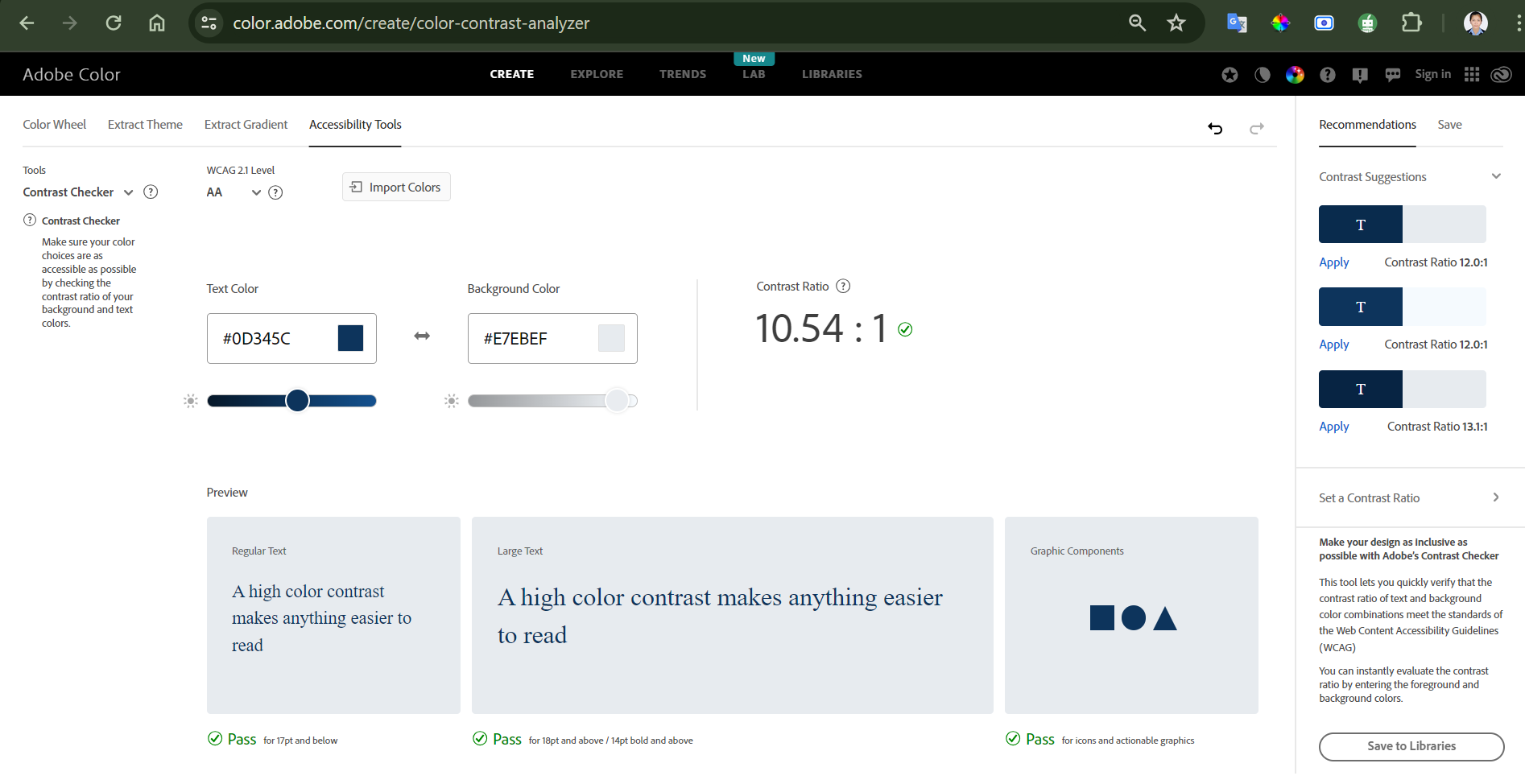Learn How to Handle Pressure

Handle Pressure by following this :
- Eliminate Avoidable Stress
- Discourage Procrastination
There’s no single explanation for why people procrastinate. Nevertheless, many of the
Stressors that are discussed in this chapter can trigger procrastination. Here’s a list of common sources:
Fear of failure. Many people hesitate to begin a task because they’re afraid they won’t be able to complete it successfully. Have some faith in yourself. Think back to past successes and realize that if you’ve achieved success before, you can achieve it again. If you’ve failed in similar situations in the past, think of times when you’ve succeeded in other areas and apply the confidence you gained then to face the present challenge.
Fear of success. Some people put tasks off because they are afraid of succeeding. A person might be afraid of success for at least two reasons. First, successful people are a minority. There is a kind of loneliness in success. Some people unconsciously procrastinate because they don’t want to be resented by people who aren’t as successful. Second, success brings responsibility and choices. When a person succeeds, doors suddenly open. That should be good news, but some people view these opportunities as threats and burdens instead of challenges and choices. The solution involves a shift in attitude to embrace success instead of fleeing from it.
Lack of time. If you used all the time you’ve been spending worrying about the time you don’t have, you’d be well on your way to completing the task you’ve been putting off. This is a problem of control. Realize that how you budget your time is up to you.
Criswell Freeman, ed. Wisdom Made in America (Nashville, TN: Walnut Grove Press, 1995). - Sidestep Common Stressors
Wake up a half-hour earlier. If you find yourself skipping breakfast or taking your last bite just as you race out the door, you’re starting your day on a stressful note. Although getting an adequate amount of sleep is crucial, waking up a half-hour earlier than usual won’t significantly affect your sleeping habits but can do wonders to ease the pace of your morning preparations.
Allow yourself plenty of travel time. High-strung travelers are easily aggravated by slow drivers or long traffic lights. But slow drivers and long lights are facts of every commute. Factor them into your travel time. Never wait empty-handed. The stress that comes from standing in line or waiting in traffic stems from boredom and from irritation about wasting time. Both problems have the same easy solution: Bring a book to read or some notes to review the next time you’re.
James R. Sherman, Stop Procrastinating (Los Altos, CA: Crisp Publications, 1989).
- Discourage Procrastination
- Improve Your Attitude

- Learn to Relax
The regular use of relaxation techniques, according to studies at the Mind/Body Medical Institute of Harvard Medical School, reduces stress and the prevalence of stress-related illness. But many of us don’t consider using such techniques because we misinterpret what the word relaxation means. Relaxation doesn’t necessarily mean that you’re about to fall asleep. In fact, some World War II pilots used relaxation techniques not to prepare themselves for sleep or to “take it easy,” but to stay alert and avoid fatigue during bombing missions. - Improve Your Self-Esteem
Self-esteem is your personal assessment of your own value. Unfortunately, many of us are our own toughest critics. We overlook our positive attributes and forget our successes, emphasizing our shortcomings instead and providing ourselves with a silent but constant stream of discouraging dialogue. The stress that results from this inner discouragement is far worse than criticism from a nagging parent, an insulting instructor, or an overly demanding boss A healthy level of self-esteem is crucial to keeping stress at bay. If your self-esteem needs improvement, rewrite the potentially destructive inner dialogue that haunts you throughout the day and take some time to dwell on your successes. - Take Control of Your Life
One of the results of increased self-esteem is an increased sense of control, a quality that both medical doctors and psychologists are fi nding can have a measurable effect on your physical well-being and state of mind. According to the Wellness Letter from the University of California, Berkeley, “A sense of control may, in fact, be a critical factor in maintaining health.” When you’re in control, you act; you set your own agenda instead of reacting to the wishes or whims of others or resigning yourself to what we often call “fate.”
- Learn to Relax
- Follow a Healthy Routine
Stress isn’t all in your head. It has a noticeable effect on your body and can often be avoided through changes in your physical routine. If you make a concerted effort to develop good eating habits, improve your sleep, and get some exercise, you’ll make yourself more stress-resistant and decrease your chances of being subjected to stress in the first place.

- Develop Good Eating Habits
- Improve Your Sleep
Make sure your bedroom is quiet, dark, relaxing, and at a comfortable temperature. - Get Some Exercise
Category :
Share this Article!








